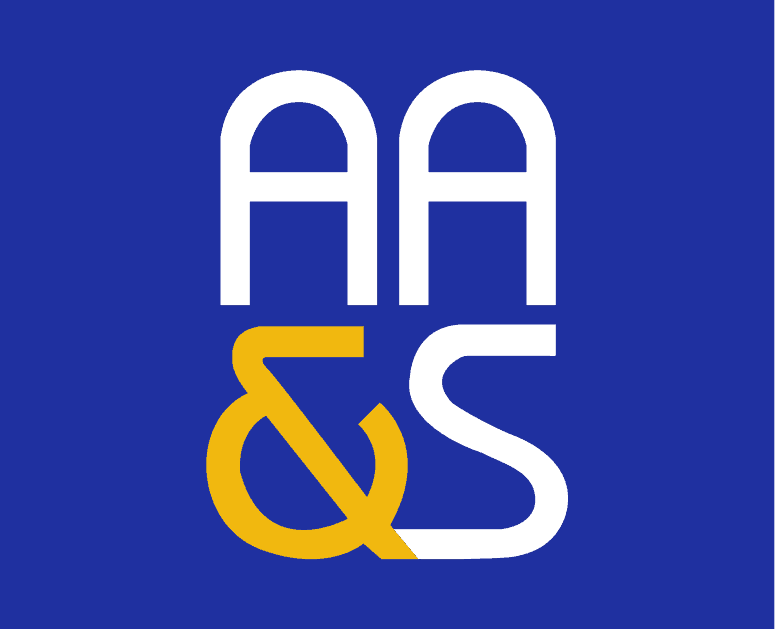-
Areas of expertise/services
Auditing
- External Audits and Financial Statement Preparation
- Audits for Multinational Groups
- Audits and Ongoing Support for Non-Profit Organizations and NGOs
- Internal Auditing and Risk Management
- Economic Consulting, Mergers, Acquisitions, and Restructuring
- Research and Development Grants, Royalty Audits, and Tax Incentives
- Public Sector Audits
- External Audits and Financial Statement Preparation
- Audits for Multinational Groups
- Audits and Ongoing Support for Non-Profit Organizations and NGOs
- Internal Auditing and Risk Management
- Economic Consulting, Mergers, Acquisitions, and Restructuring
- Research and Development Grants, Royalty Audits, and Tax Incentives
- Public Sector Audits
Bookkeeping
Israeli Taxation
- Individual Taxation
- Capital Declaration (Hatzharat Hon)
- Shareholder Taxation
- Taxation for Trusts
- Taxation of New Immigrants (Olim)
- Residency Termination
- Intergenerational Planning
- Capital Gains Tax Calculations and Averaging
- Retirement Planning
- Voluntary Disclosure
- Israeli and International Tax Consulting
- Individual Taxation
- Capital Declaration (Hatzharat Hon)
- Shareholder Taxation
- Taxation for Trusts
- Taxation of New Immigrants (Olim)
- Residency Termination
- Intergenerational Planning
- Capital Gains Tax Calculations and Averaging
- Retirement Planning
- Voluntary Disclosure
- Israeli and International Tax Consulting
US Taxation
Corporate Taxation
Services for Individuals
International Taxation
Relocation
French Taxation
UK Taxation

